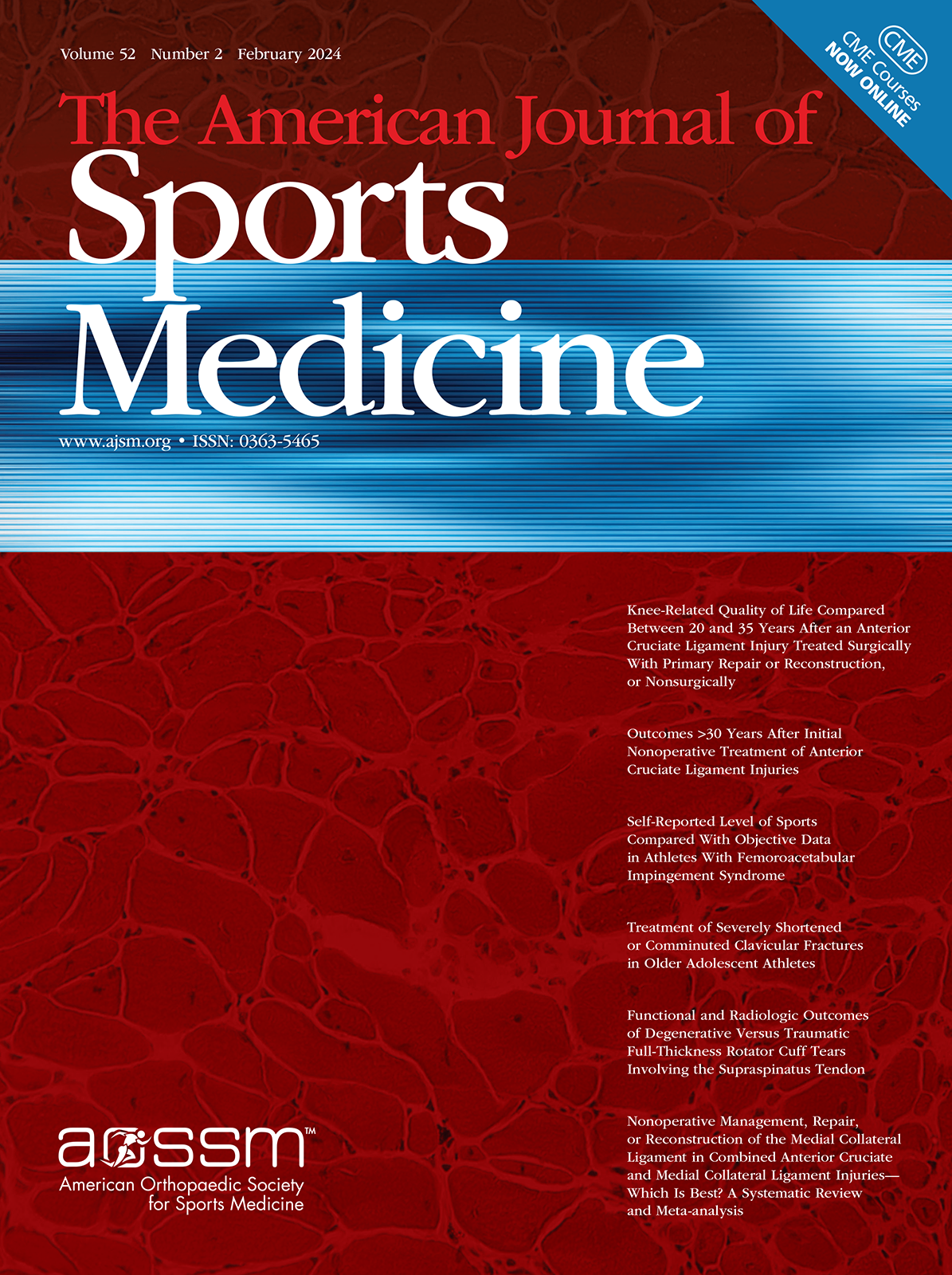
Leukocyte-poor platelet-rich plasma vs hyaluronic acid in treatment of symptomatic knee OA

Leukocyte-poor platelet-rich plasma vs hyaluronic acid in treatment of symptomatic knee OA
Hyaluronic Acid Versus Platelet-Rich Plasma: A Prospective, Double-Blind Randomized Controlled Trial Comparing Clinical Outcomes and Effects on Intra-articular Biology for the Treatment of Knee Osteoarthritis
Am J Sports Med. 2017 Feb;45(2):339-346Did you know you're eligible to earn 0.5 CME credits for reading this report? Click Here
Synopsis
111 patients with Kellgren-Lawrence grade I-IV symptomatic knee osteoarthritis were randomized to three weekly intraarticular injections of either leukocyte-poor platelet-rich plasma (LP-PRP) or hyaluronic acid. Patients were assessed for pain and function over a 52-week follow-up. The primary outcome measure, the Western Ontario and McMaster Universities Osteoarthritis Index (WOMAC) pain score, d...
To view the full content, login to your account,
or start your 30-day FREE Trial today.
FREE TRIAL
LOGIN
Forgot Password?
Explore some of our unlocked ACE Reports below!

Learn about our AI Driven
High Impact Search Feature
Our AI driven High Impact metric calculates the impact an article will have by considering both the publishing journal and the content of the article itself. Built using the latest advances in natural language processing, OE High Impact predicts an article’s future number of citations better than impact factor alone.
Continue



 LOGIN
LOGIN

Join the Conversation
Please Login or Join to leave comments.